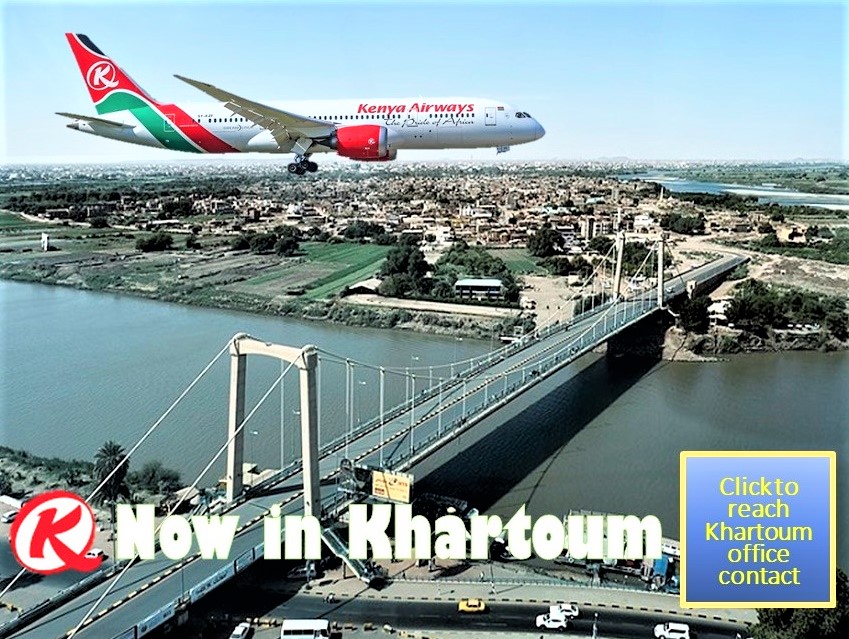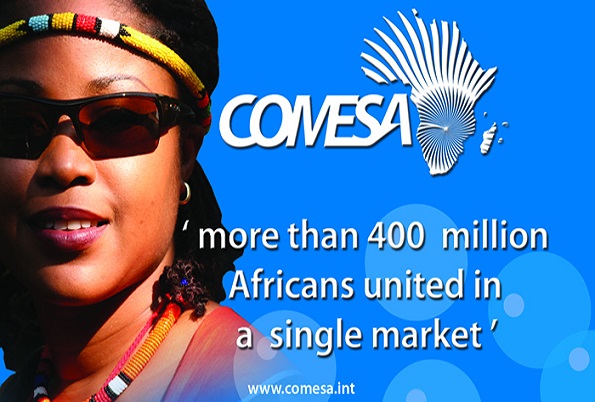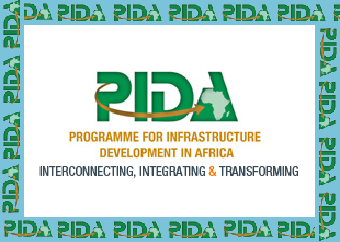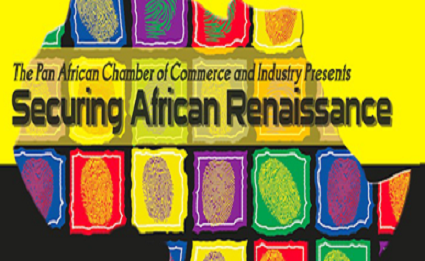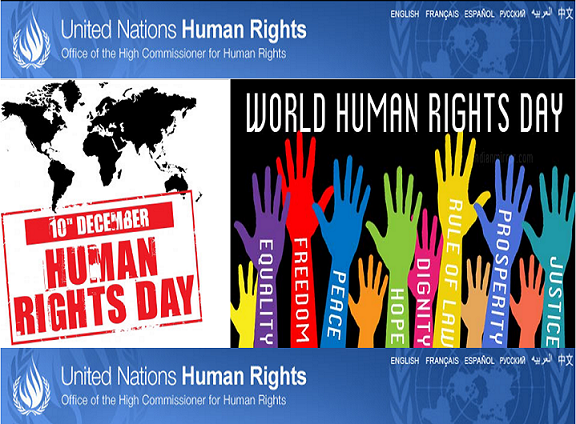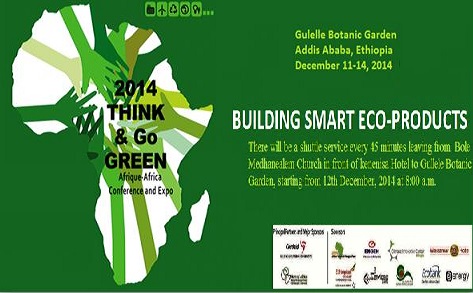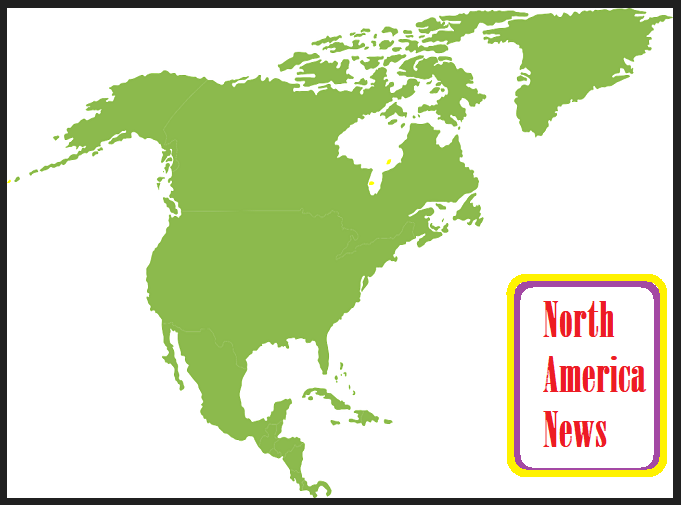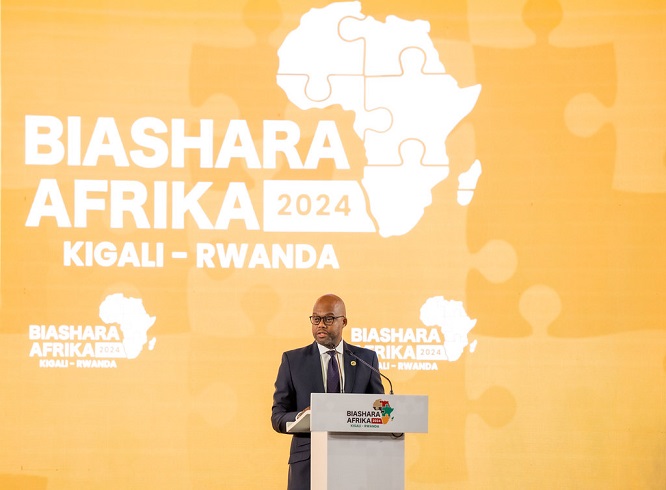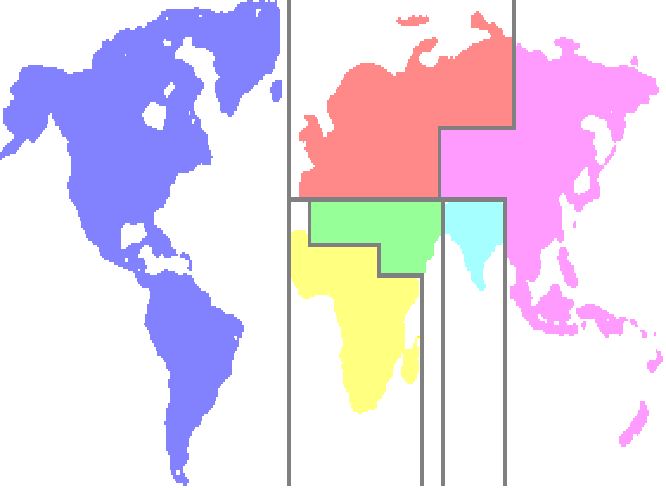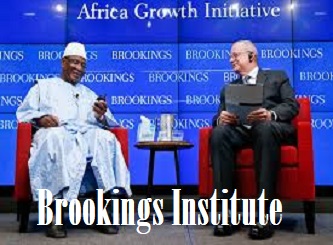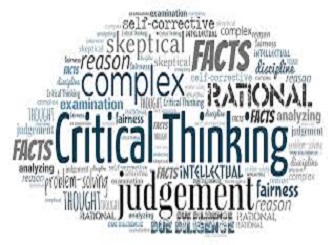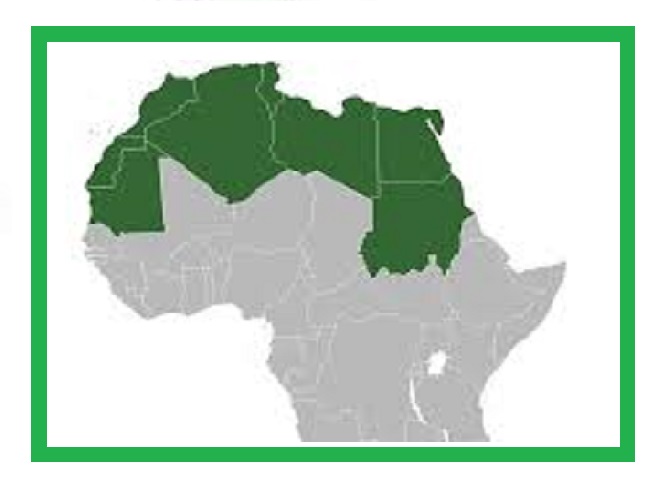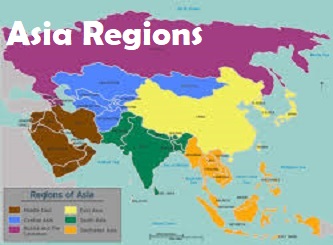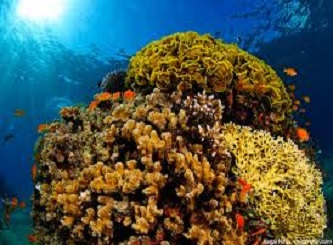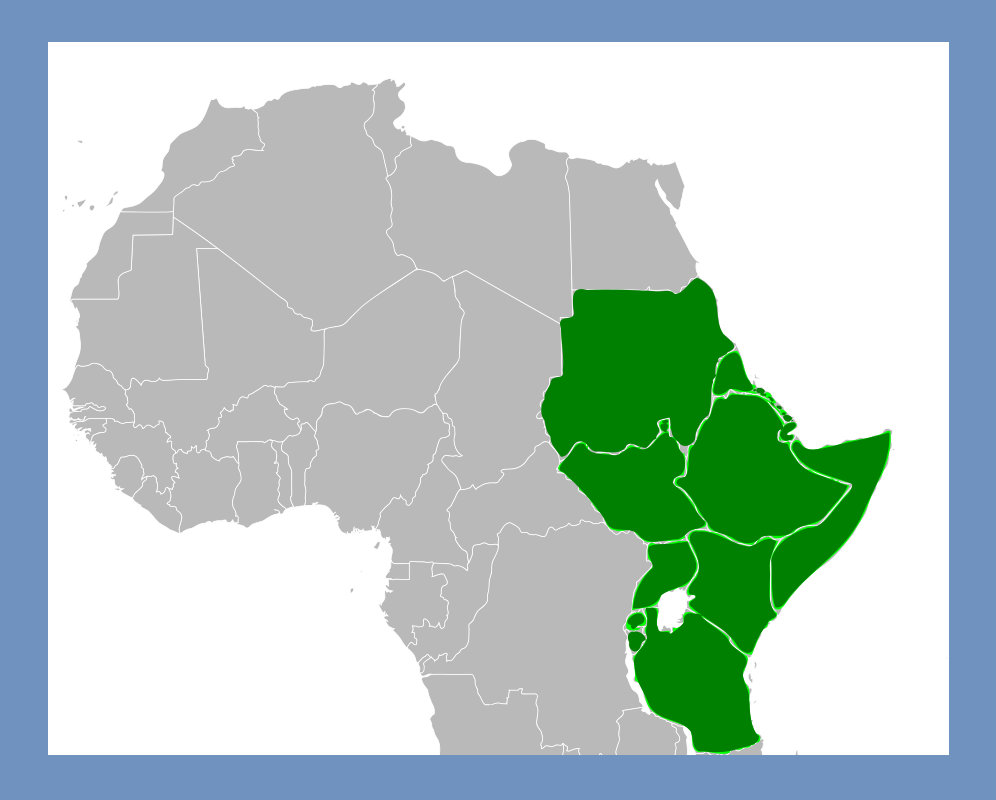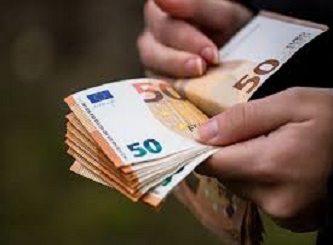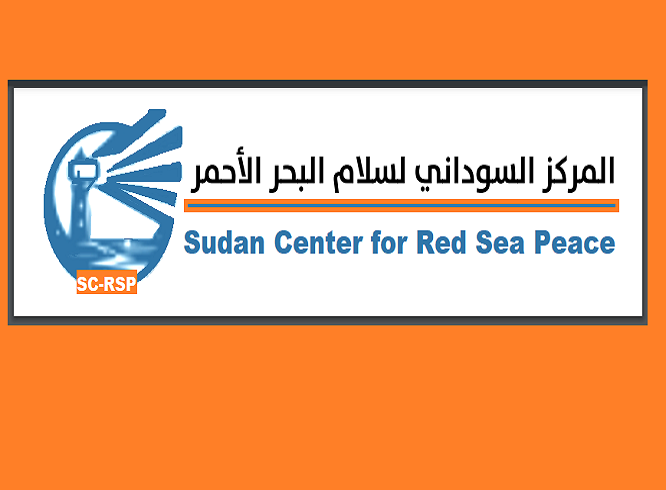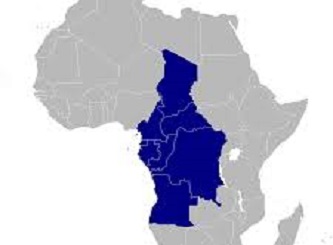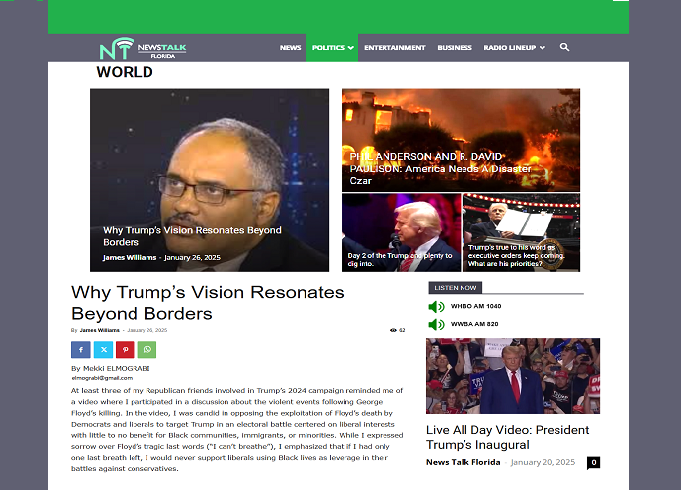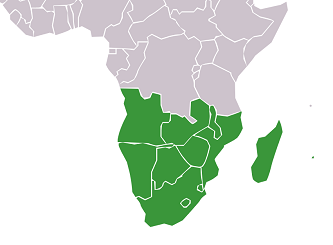Redwan Hussein sheds light on the elements of Ethiopian Economic Renaissance

Redwan Hussein sheds light on the elements of Ethiopian Economic Renaissance
In an inclusive interview, Mr. Redwan Hussein the Ethiopian Minister of Government Communication Affairs, answered several questions on the Ethiopian economy.
Redawn explained the structure and the dynamics of the Ethiopian economy which is considered by the World Bank as one of the fastest growing in the world. Redwan shed light on the elements of Ethiopian economic boom, “the proper mix is land and labor with a good leadership and again with a full commitment and the will of the peasants” Redwan said.
He confirmed that the Ethiopian economy is still based on agriculture but during the second “Growth and Transformation Plan – GTP” starting from the mid of 2015, Ethiopia will enter the era where industry plays a pivotal role.
“when it says agricultural-led industrialization, the target is industrialization but it only comes through agriculture as starter”, he said.
Redwan said that when we say the economy is based on agriculture, we know that agriculture grows and keeps on growing but, then it finishes its capacity, “Hence, Industry has to grow faster than agriculture because it begins from behind, if so it has to to take over somewhere” he added.
Full text of the Interview with the Ethiopian Minister of Government Communication Affairs (1-3)
Redwan Hussein: There was a notion by some folks from the opposition that we must go directly to industry, but EPRDF said “NO”, it is Agricultural-led industrialization.
The interview with Mr. Redwan Hussein is not an ordinary interview; it is a session of thorough discussions on political economy, with more focus on the Ethiopian modern renaissance.
I asked him several questions on very complicated issues, but he answered in a very simplified and understandable way.
For me, although I took nearly 45 minutes from his time; I am still thinking that I need at least four or five hours to elaborate on the same questions even without adding others.
For sure, the Ethiopian economic renaissance needs more media involvement, such as the land trip of the thirty Sudanese journalists to the site of the Grand Ethiopian Renaissance Dam – GERD, but before that journalists and researchers need more understanding to the Ethiopian experience, I hope that this interview would give them good background to write more articles and to launch more media campaigns.
I started the interview by asking Mr. Redwan questions on his political career, he answered very kindly. These answers can bring a close picture to Mr. Redwan for African journalists and all people who are interested in studying one of the top Third World development experiences.
The interview is attached with information on GTP, ATA and other important resources, also there is a definition for the “Developmental State”, which very close to the Ethiopian experience
By\ Mekki Elmograbi
Q: Mr. Redwan, when did you start your career in politics? Would you like to give us a close picture for one of the youngest political leaders of Africa?
A: Thank you. I am now serving as the Minister of Government Communication Affairs. Actually I began my career as a politician some sixteen years ago, while I was serving as a teacher in one of secondary schools. Professionally I was a teacher; my first degree is in life sciences, biology, later on I did on social sciences, I got my MA in “Organizational Leadership”.
My initial political involvement had to do with Ethiopian current political context in which every nationalities and peoples are given access and right to self-administration and to run their affairs. The society I belong ethnically is called Siltie in Southern region of Ethiopia and there was a party which was raising issues regarding that society. I served as a member of that party. There were some issues to be resolved, and then they were resolved. So, I joined the Ethiopian People’s Revolutionary Democratic Front – EPRDF, before thirteen years. Then I began serving as a member of the ruling party under the membership of one of the members of the front- EPRDF. I also ran an office in that community which I belong to, as a social mobilization and participation coordinating office head in the newly established zonal administration. Later on promoted to head of an bureau of Education in the regional state of the Southern Ethiopia.
One of the nine states of the country is the Southern Ethiopia which is composed of fifty six nationalities of the eighty nationalities comprising Ethiopia. That means almost 70% of Ethiopian diversity belongs to Southern state. I served as head of education bureau in that region. Then I moved to Addis Ababa, to the capital city when Addis Ababa was decided to be run by the high officials of EPRDF to bring about rapid development through strong party leadership. I served there for a couple of years as head of the office of EPRDF at the capital while also serving as advisor of the Mayor on public relations with the rank of deputy mayor. Lately I got promoted to serve as head of EPRDF Secretariat apart from serving as a Minister of Advising the Prime Minister on Social Affairs and Popular Participation.
Q: So you started as a teacher not in the capital, in the rural areas?
A: Yes, in the rural areas.
Q: what is the name of area?
A: The name of the city is Jinka in Southern Omo which borders Lake Turkana of Kenya.
Q: Mr. Redwan, the paradox in Ethiopia is that the federal system is non-ethnic at all, but the parties seem to be ethnic parties?
A: Not as such, if you look at Southern Ethiopian Peoples’ Democratic Movement – SEPDM, one of the members of the front EPRDF, as I said before – there are about 57 nationalities with different languages and cultures. They sum up to 18 million. But we don’t have 56 parties, only SEPDM. So peoples do have right to organize parties but not necessarily on Ethnic lines. It is multicultural rather.
Q: Again, 57 groups with different languages and cultures!?
A: Yes within the South, and all these people are represented by one movement, SEPDM which is one of the front members of EPRDF. Hence if you look at it critically, then it is not ethnical. The issue is that EPRDF believes that ethnic diversity, cultural diversity must be respected. It is the issue of respecting that diversity. Even if you look at Amhara National Democratic Movement – ANDM, it is not only Amhara, there are Oromos and there are Wags. It goes on.
It is the same for Tigray People’s Liberation Front – TPLF, it is not composed only of one ethnic line. There are kunamas, Erobs and others. The fact that you believe in respecting diversity does not mean that it should automatically be translated in to a party. A party is just a platform. Multicultural diversity is not ethnic because you can have ethnic groups in a nations, nationalities or peoples. Multi-cultural is a broader one. Diversity must be respected, that is also a source of mosaic. It is the very stand of EPRDF, “cultural existence is not viewed as mere ethnic line”.
Q: If we start questions on the economy of Ethiopia, tell us what are the strongest elements that make Ethiopian economic boom a reality?
A: It has to do with “Identifying what we have in abundance and what we face as scarcity”. What we have in abundance is firstly, the land, as compared to capital, and then secondly we have labor, because we have a big population; so creating a “proper mix” of land and labor with a good leadership and full commitment and the will of the peasants. The public; this is the stronger part of our economic boom because the largest share of our development and economy comes from agriculture and that agriculture is not mechanized farming, it is agriculture which is based on small holding farmers. It had been said by some international institutions that small holding farmers will not thrive for it is hard to increase their productivity. EPRDF however was very clear that this notion has led the country to nowhere. Opposition political parties used to believe the former notion.
EPRDF came with understanding that if every peasant is given a proper handling, proper training, proper advice and provided with a good technology and the best seeds and fertilizers and if he is assisted to have the best practice of agriculture and farming then productivity will increase.
When each product increases, that income goes directly to the people not to the pocket of few. If every society gains certain increment in its pocket, then it creates its purchasing power. And if you go to Agro-processing as a beginning of industrialization then you will have demand because people are fed well and they are able to buy goods. If you have an industry, then it can have market to sell without even exporting it. The other issue is, when productivity increases the abundance would create raw materials as an input for industries, which then would inject a certain momentum for industrialization. So the strongest parts are labor and the land and the will of the peasants and that is good communication with the populace and unflinching commitment of EPRDF. It is mix of these.
Q: Would you highlight the third issue of commitment?
A: The third issue, commitment is that EPRDF realized that the very survival of the country is based on understanding the dynamic of the nation.
Q: Do you mean public understanding or elites’ understanding?
A: The public understanding, however deep you understand at the elite’s level, if the populous would not subscribe to your ideas, then it would go nowhere. So, to create that understanding is prior. For instance, you come to “the understanding of the public”
It means, the fact that we are poor, the fact that we would be able to do away with the poverty if we strive hard, if we exert more efforts, we can get rid of poverty and become rich. That is rekindling hope, which takes determination to materialize. Hence, you have to try to convince the populous that the nation is poor and then the public need to understand why that is so and how to get rid of it and its role in doing so. Again: why we are poor? Because we used to lack the proper understanding of what we have, and we failed to set up a mechanism to every society to let it participate in development endeavors. There comes lack of democracy.
There still is a notion in opposition political parties that we should have gone directly to the industry. That is so because the peasant had never been taken seriously in the creation of national wealth by the former governments and current political parties except EPRDF. It believed that if the peasants which are more than 80% of the country are out of the game of production and consumption, no industrialization would be viable. Whatever industry you have, no one is going to buy. Whatever industry you set up if the peasants’ population cannot produce the raw materials; this industry will not survive! So the power of development rests on the will and the endeavors of the populous. That is so because it is agro processing which is an entry of industrialization.
When the elite understand this, then it helps go deep to population. If the population subscribes, then you will have the mix of elites’ understanding and articulation of the issue. That would create consensus, public commitment and sustainable movement to fight poverty. If the elite are not there, the population might not articulate issues, but definitely, understands what is best for it.
Therefore, you must have a political party which is capable to articulate these issues. If a political party is detached from the public and objective reality, then however good ideas might be would bear no fruit. EPRDF says that because by and large it is a peasant’s party. It is the peasant who should understand and decide if it has to exert efforts. The elite are there to articulate ideas, share them with the populous so that the populous subscribe. Cumulated efforts would create a surplus. Unless each and every house hold gets something and strive for more, national endeavor would not yield big enough. If every population strives in an organized fashion, then the accumulated effort would be bigger than if we do it individually without synergy. There comes the commitment of the EPRDF to support organized forms of society even more.
Q: You are speaking about very high concepts in a deep way how could you reach – as a party – these concepts? Do you have collective mind or think tanks? What are the stages of the decision making process in your party that enabled you to reach to these conclusions?
A: The decisions and the information go in EPRDF both ways. If the party comes up at the higher level with best ideas, then it would go down to the grassroots level. First at the high level you discuss it well, everyone must understand it, unless everybody understands, it would not go to the second level down. We debate. There is a culture of debate; there is a culture of intensified discussions.
When we are sure that everyone understood it at a certain level, then it goes down to the next level. At the end it comes back to the higher level as a feedback for further action. Again the idea would be more crystallized and down to earth the more it goes to the grass roots.
To the peasant, his or her immediate need is to get out of poverty. What does he need to do so? He has to improve his practice of farming, he has to exert more time, he needs seeds, and he needs best fertilizers and a good way of farming practice. These are the very solid issues for him. When you go down to the peasants’ level, this is the point: you have to produce more than your consumption. You have to produce more to the market, and then you will have a surplus to sell. And will have more money. Then comes saving. If you save it, you can add to the other capital assets to your family. The first thing is to gain money, to send your children to schools and provide them with healthy food, and to buy good clothes to your children. To cover your expenses of holidays that you have, to improve your house, and then household items and go on. In all such an Endeavour the peasant also needs to be respected, listened to. There comes democracy embedded as an engine of development.
Some of the ideas to be dealt with at higher level are not relevant to the peasant. So it must be tailored. At high level it is understandable that we need to produce more raw materials to industry that complex issue should not go to base level. So what you have to tell the peasants is, how to produce more so that you feed enough, and they need to have excess product to sell so that they could buy things they need. Then he needs to understand what commodity to produce so that he would get even more money. Then comes market oriented production.
You have to know that at which level you can crystallize more, at which level you can add certain abstracts and concepts to others. Another important issue one shouldn’t miss is that when you go down to the peasants, they have marvelous ideas of wisdom that they learnt through experiences. So we can also address these issues and then you can comprise them and you can use them as a form of a certain crystallized solutions. You can’t only teach the peasant, you also have to listen to learn.
……………..
More information
GTP:
The Growth and Transformation Plan – GTP, is a national five-year plan created by the Ethiopian Government to improve the country’s economy by achieving a projected gross domestic product GDP growth of 11-15% per year from 2010 to 2015.
The objectives of GTP are To:
- Enhance productivity and production of smallholder farmers and pastoralists
- Strengthen marketing systems
- Improve participation and engagement of the private sector
- Expand the amount of land under irrigation
- Reduce the number of chronically food-insecure households
ATA:
The Agricultural Transformation Agency’s programs are designed to help all partners meet the targets. The Agency will measure its contribution to the effort through the metrics established in the GTP as well as in other strategies such as the CAADP Compact and the corresponding Policy and Investment Framework – PIF.
The economy of Ethiopia:
The economy of Ethiopia is largely based on agriculture, which accounts for 46.6% of the gross domestic product –GDP, and 85% of total employment.
Ethiopia is one of the fastest-growing economies in the world and is Africa’s second most populous country.
Agriculture is the country’s most promising resource. A potential exists for self-sufficiency in grains and for export development in livestock, grains, vegetables, and fruits.
The Developmental State:
Developmental state, or hard state, is a term used by international political economy scholars to refer to the phenomenon of state-led macroeconomic planning in East Asia in the late twentieth century. In this model of capitalism (sometimes referred to as state development capitalism), the state has more independent, or autonomous, political power, as well as more control over the economy. A developmental state is characterized by having strong state intervention, as well as extensive regulation and planning.
The first person to seriously conceptualize the developmental state was Chalmers Johnson. Johnson defined the developmental state as a state that is focused on economic development and takes necessary policy measures to accomplish that objective.

